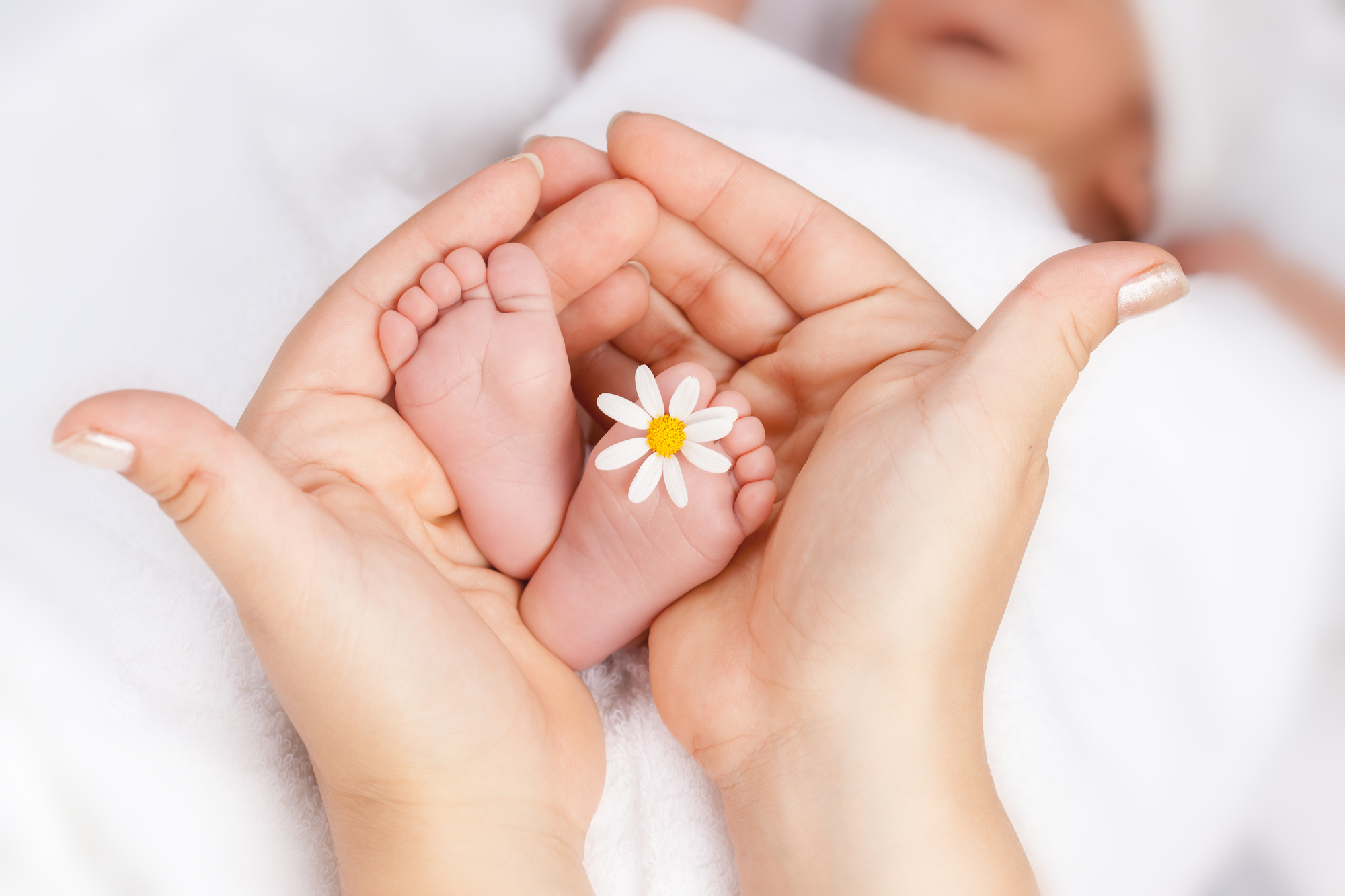
What is Baby Safety Month?
Baby Safety Month was established on September 1, 2015 by the Juvenile Products Manufacturers Association (JPMA). Stemming from the national observance known as “Expectant Mother’s Day,” Baby Safety Month is now celebrated annually to educate parents on proper precautions to keep their infant healthy and safe.
What do I need to do to protect my infant?
The following is a collection of common safety mistakes made among even the most seasoned parents. Despite the level of parenting experience or dedication to our children’s safety, we are all likely to make a mistake at some point.
In observing Baby Safety Month, we have provided these four examples as a reminder of how to properly maintain a safe environment for your child.
1. Medication Dosage
The common misconception of medication is to administer the dosage by age. This can be hazardous to a young child, especially if their weight is above or below average for their specified age group. To guarantee safe use of any medication, be sure to confirm with your doctor or pharmacist and provide them with updated information on your child’s size and health conditions.
2. Overdressing
In an attempt to protect an infant from the cold, many parents overcompensate by wrapping their child in too many layers. This can cause overheating, which is dangerous to their health. Fortunately, a newborn’s symptoms of overheating are easy to identify.
Proper examination includes the following:
- Warm to the touch - Be sure to check the temperature of the baby’s chest, back, and neck, as their body will be hot.
- Red skin - While skin conditions may vary per child, a darker shade of red can be a sign of heat exhaustion. Simply remove a layer, lower the temperature, or move your baby to a more comfortable environment.
- Rapid heartbeat - While newborns have a relatively faster heartbeat and breathing rate, make sure you are aware of any changes. If they are breathing faster than usual or their heart is racing, this is a more critical sign that they are overheating.
- Abnormally tired or irritable - Newborns are prone to mood and energy changes, but if your child is unresponsive or unusually irritable, this could indicate a dangerous body temperature. Therefore, they should be cooled off immediately. This also applies if you find that your infant is in a state of dizziness or confusion.
- Vomiting - A symptom that can be difficult to identify is nausea. If your baby is vomiting without a sickness or any other contributing factors, they may be overheated.
3. Car Seat Dress Code
Puffy coats and thick winter jackets can be hazardous to a child in a car seat. The bulky material can prevent the seat belt from fully securing the child and would consequently be less effective in a crash. You will know if the harness is tight enough if you can’t pinch the webbing with your thumb and forefinger. A safer alternative is covering your child in a blanket to keep them warm.
4. Flu Season and Siblings
As cautious as you may be of your newborn’s health during flu season, it can be tricky with multiple children wandering your household. After a day of sharing germs at school, daycare, or sports and club events, there is a strong chance of your child transmitting those germs to their baby sibling.
To avoid catching an illness or spreading it to others in the height of flu season, make sure your child:
- Washes their hands frequently
- Changes their clothes as soon as they get home
- Keeps a significant distance from the newborn within the first month
- Receives a flu vaccination
